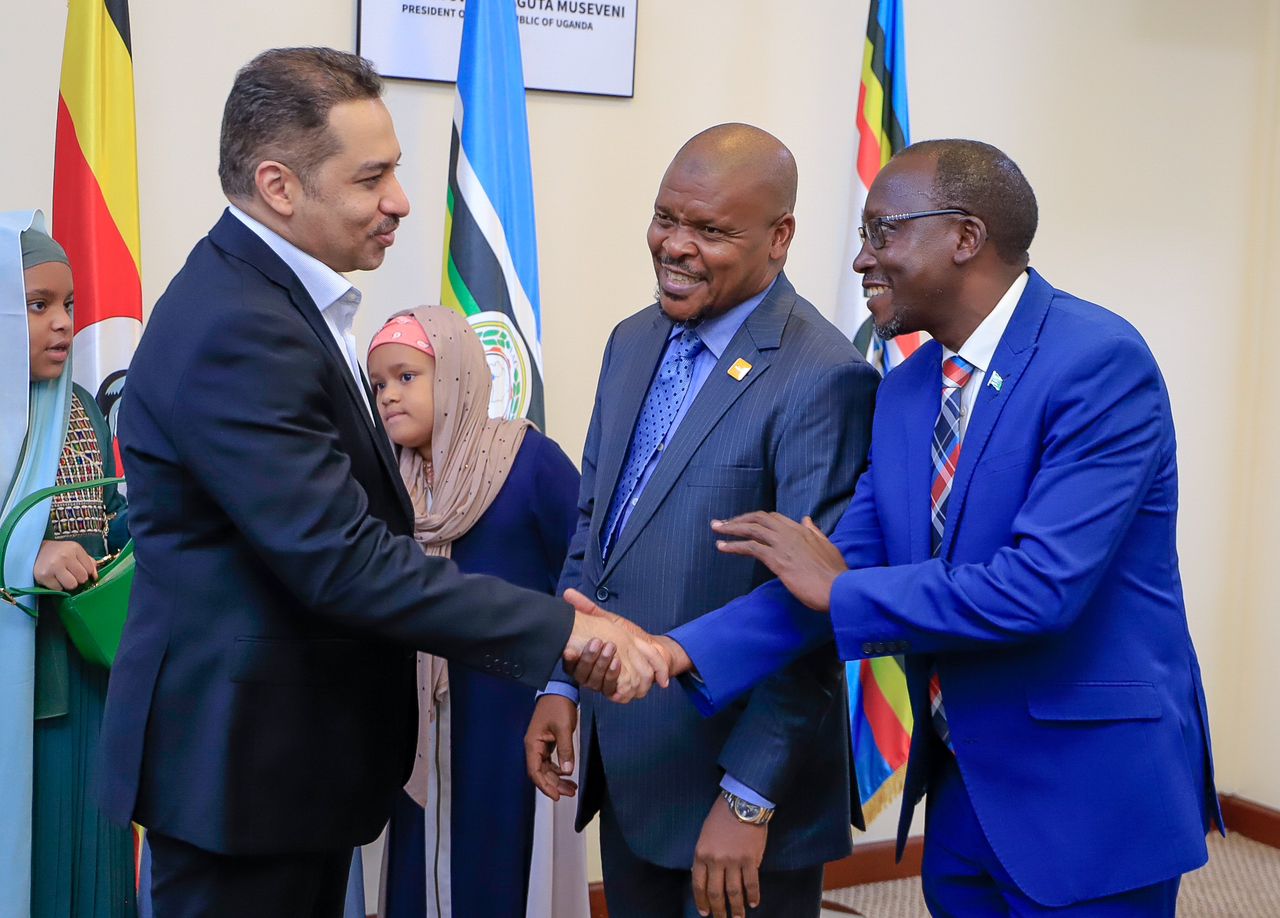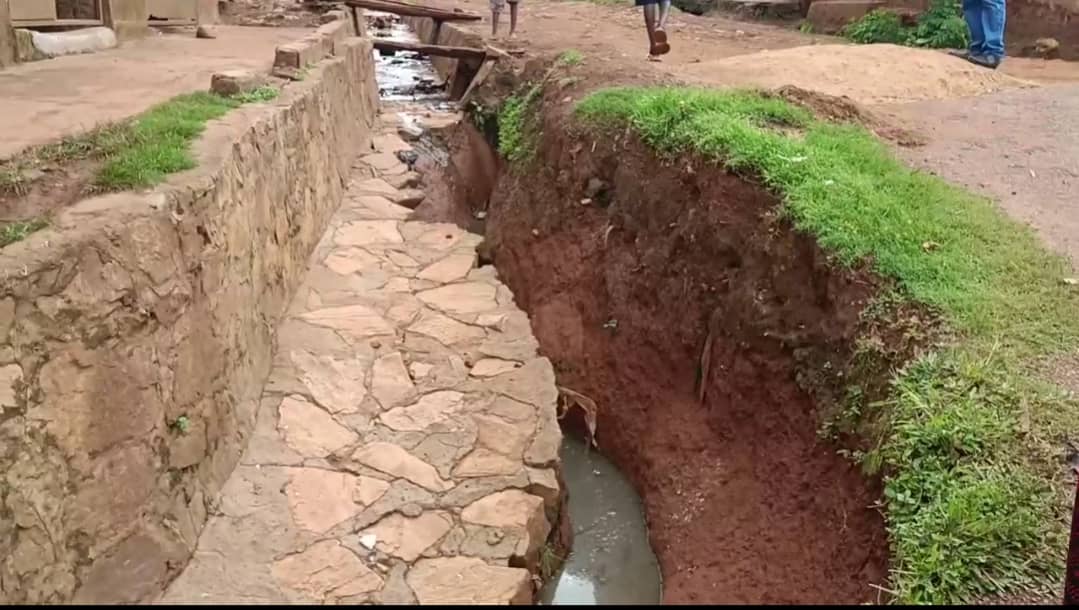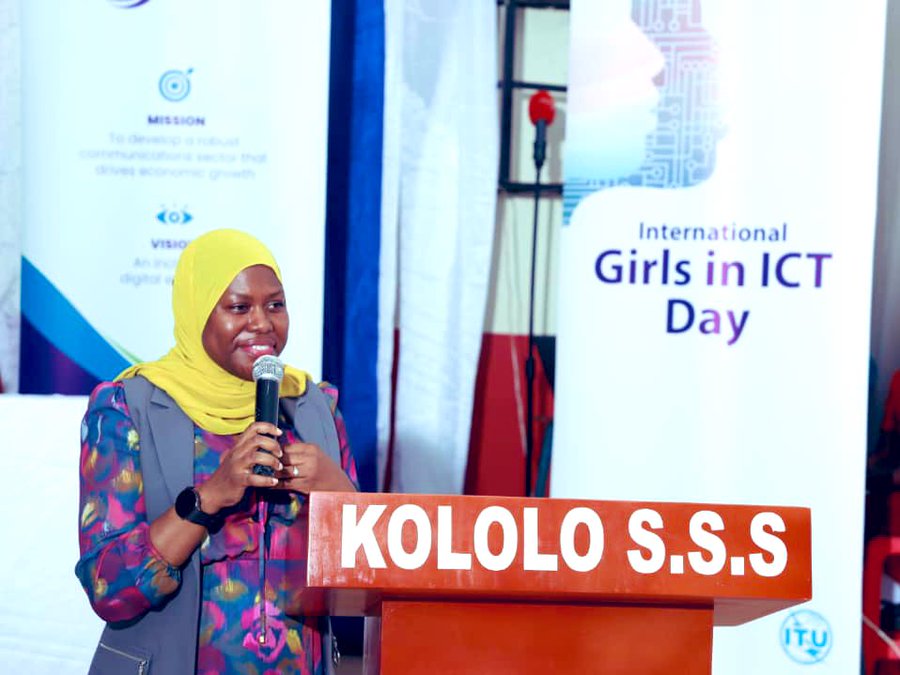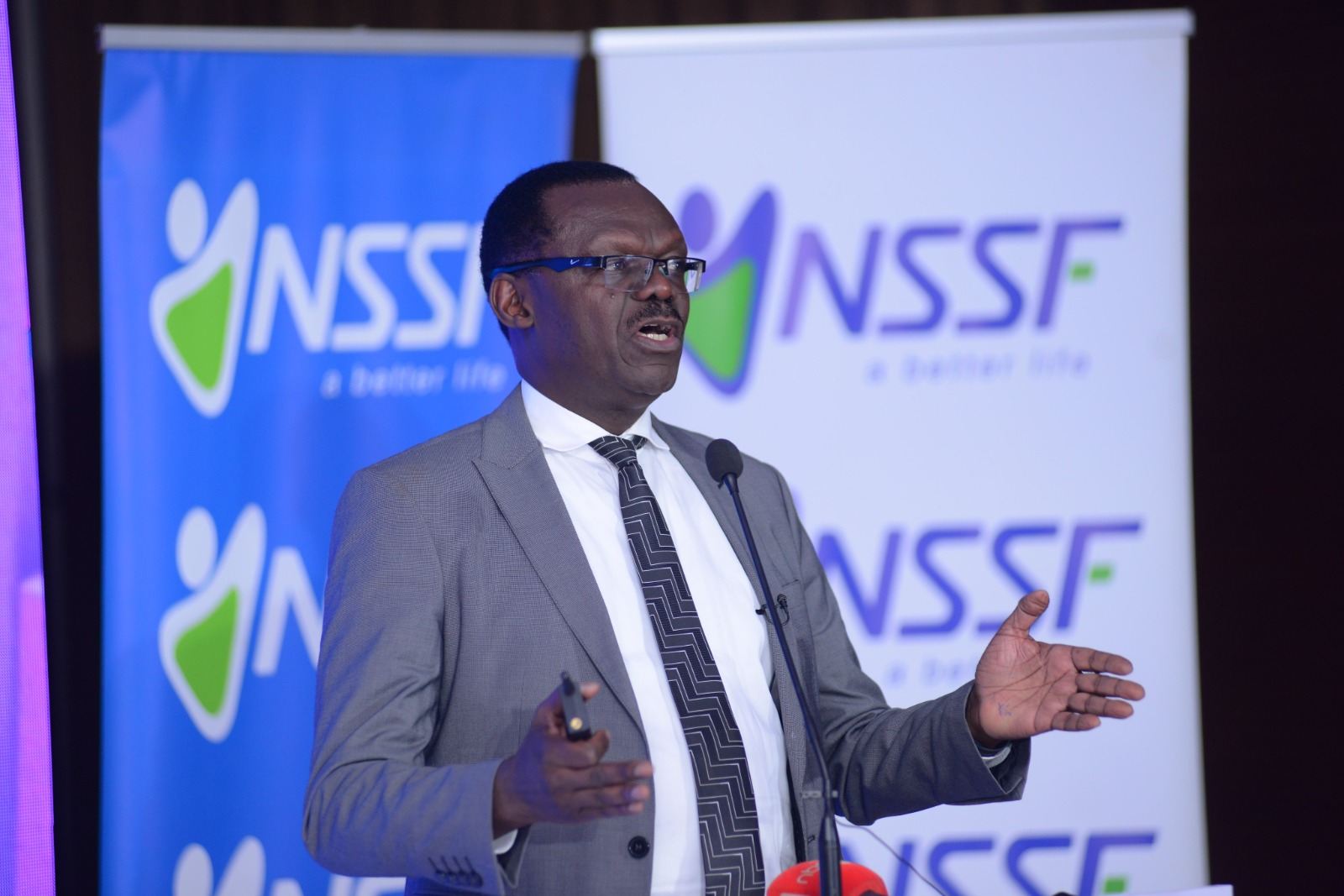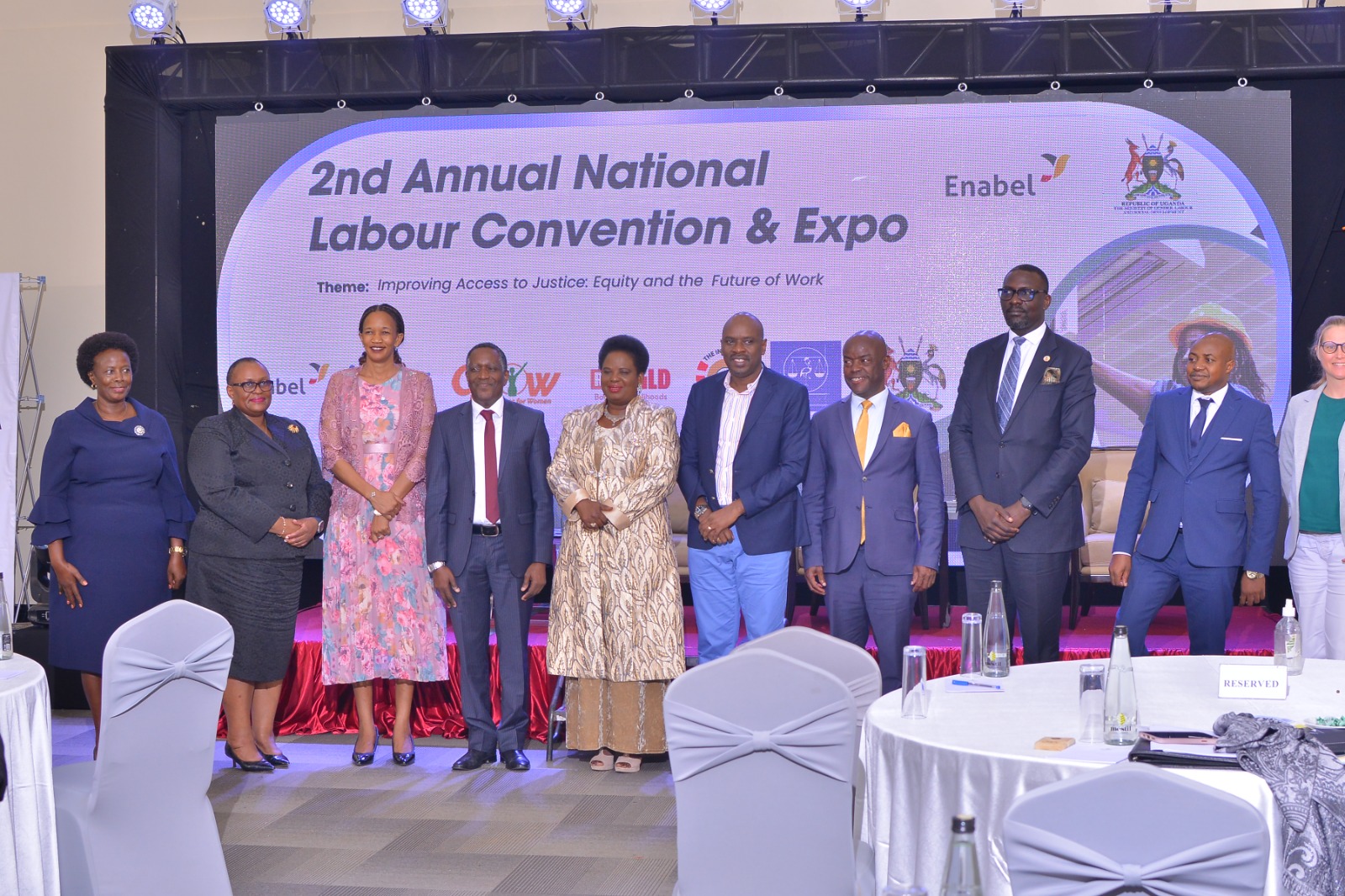Why a presidential debate is crucial ahead of 2021 elections
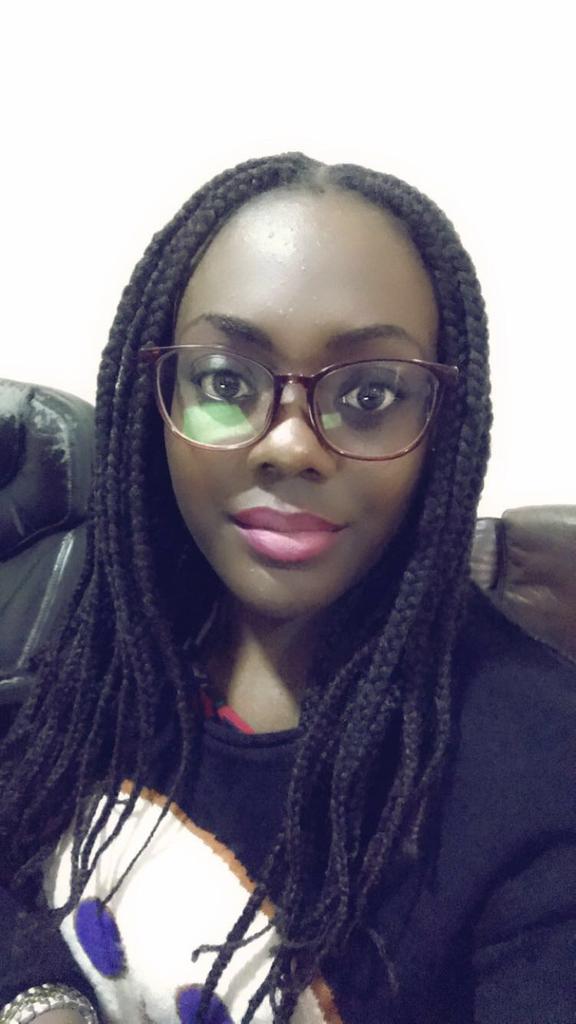 Gloria Nabaye
Gloria Nabaye
Tricia Gloria Nabaye
On 15th January 2016, the Elders Forum of Uganda (TEFU) and the Inter-Religious Council of Uganda (IRCU) gave Uganda the first-ever presidential debate ahead of the 2016 general elections.
The debate highlighted key National issues and laid the foundation for post-election dialogue which was realized in the Uganda national dialogue Process.
The debate offered a platform for candidates to articulate their vision for the country and to interrogate one another on their respective plans for the future.
This helped the public to understand, question the critical pillars of the respective electoral manifestos of the candidate, and fill in the gaps that cannot be filled in the drama and hype of the ordinary rallies which are given to the public.
As we begin to adjust to life post lockdown and pre-vaccine, we are certainly alive to the change in life and we continually need to remodel life around our new normal. In that regard, the debate is the thing.
As we work towards the newly revised election road map towards January 2021 general elections. We need to advocate for televised and radio broadcasted debates of the presidential campaigns, that concerning the social distancing guidelines among other measures to deter the spread of the coronavirus.
In his poem, “The debate is the thing”, Justice Ogoola highlighted the heart and soul of the need for debate; “
Here the nobler ideas and ideals of the mind take pride or place to titillate the political soul of the electorate, on the campaign trail candidates stand on the shifting stands of populism, at the debate the candidates stand on the solid platform of fundamental ideals and critical ideas. With firm figures and facts to wow the audience with wit and humour to charm the electorate, the debate soothes the politics of rancour, binds the wounds of the mundane. Truly the debate is the thing.”
In those words, Justice Ogoola brought forth the life of debate and the need to provide the electorate with a chance to critically analyze the presidential aspirants. It brought a new perspective on the importance of issues that matter in our community, electoral campaign issues like election violence, and fear-mongering.
The debate was a new tool of politics which revealed that we can practice politics with decorum and respect for all. Ahead of the 2021 general elections, the urgency and agency of debate as a tool for better political dialogue and to restore civility in the election cycle becomes viable.
The debates will help Ugandans have a national conversation and a chance for the presidential candidates to present their vision for the country in a civil and level headed way.
The debate provides critical questioning to the issues that have been characteristic of the NRM governance, like NRM’s alleged history of election rigging, political persecution, stifling of the media, arbitrary killings, and corruption, most of which continue to exist in government.
In the face of changing legislation to scrap the age-limit in 2018, increased stifling of dissent and closing space for civic engagement that has been witnessed in the FDC and Mr. Robert Kyagulanyi’s desire to carry out consultations ahead of the electoral campaigns creates the need for political dialogue inter alia a presidential debate that will provide a chance for the electorate to shape its choice in voting and provide a probability for critical analysis of the candidates' manifestos and vision for Uganda.
The Presidential debate will also feed into the vision for national dialogue which has been central to the conversations Ugandans have been having in the informal consultations and pilot dialogue exercises of the Uganda National Dialogue Process that was spearheaded by The Elders Forum of Uganda(TEFU), Inter-Religious Council of Uganda (IRCU), National Consultative Forum(NCF), The Inter-Party Organisation for Dialogue (IPOD), Citizens’ Coalition for Electoral Democracy in Uganda (CCEDU) Uganda Women’s Network (UWONET) and Women Situation Room (WSR) who make up the Uganda National Dialogue Coordinating Team.
In the effort to create social cohesion and consolidation of peace, a safe space for debate and dialogue is an inevitable necessity for the electoral process before us.
The debate will provide an avenue for democracy to thrive ahead of the 2021 general elections, it will afford a chance for candidates to prepare better visionary manifestos and road maps for their service to the people of Uganda.
It is a chance for accountability from the leaders against their manifestos presented in the 2016 campaigns and presidential debate.
The debate promises civic engagement and participation for Ugandans in the electoral cycle— a catalyst forupholding democracy and governance issues of Uganda. Ugandans have the responsibility of choosing leaders who aspires towards the Uganda they want.
A constant provision of spaces for dialogue goes a long way in building pillars for engagement, critical analysis of issues at hand and ultimately a solidification of democracy in Uganda.
The debate is the thing and will be the thing that shapes and changes the direction of the electoral campaigns and the 2021 general elections.
The author is a resident Research Associate at Great Lakes Institute for Strategic Studies.
Email: gnabaye@gliss.org


